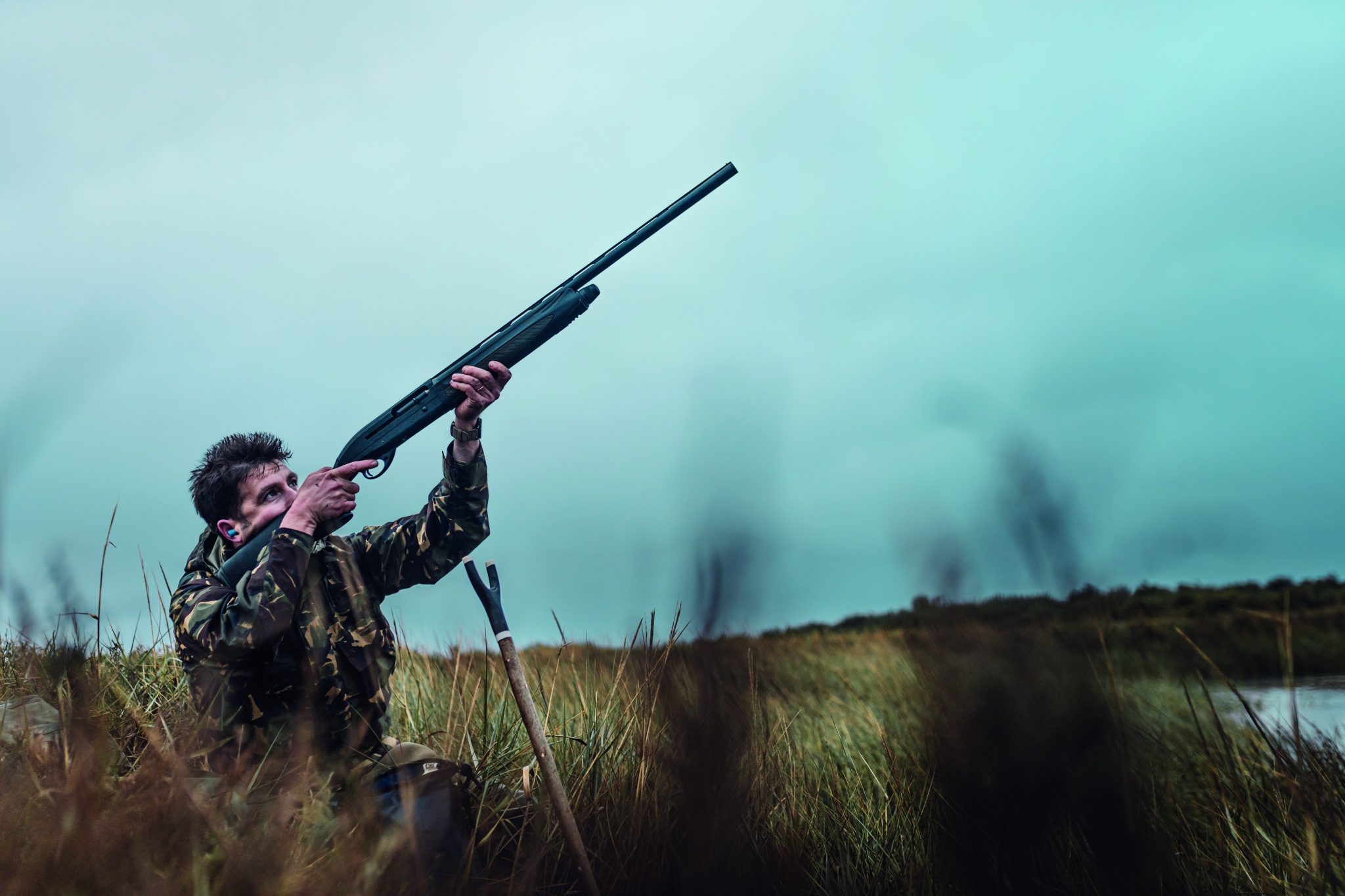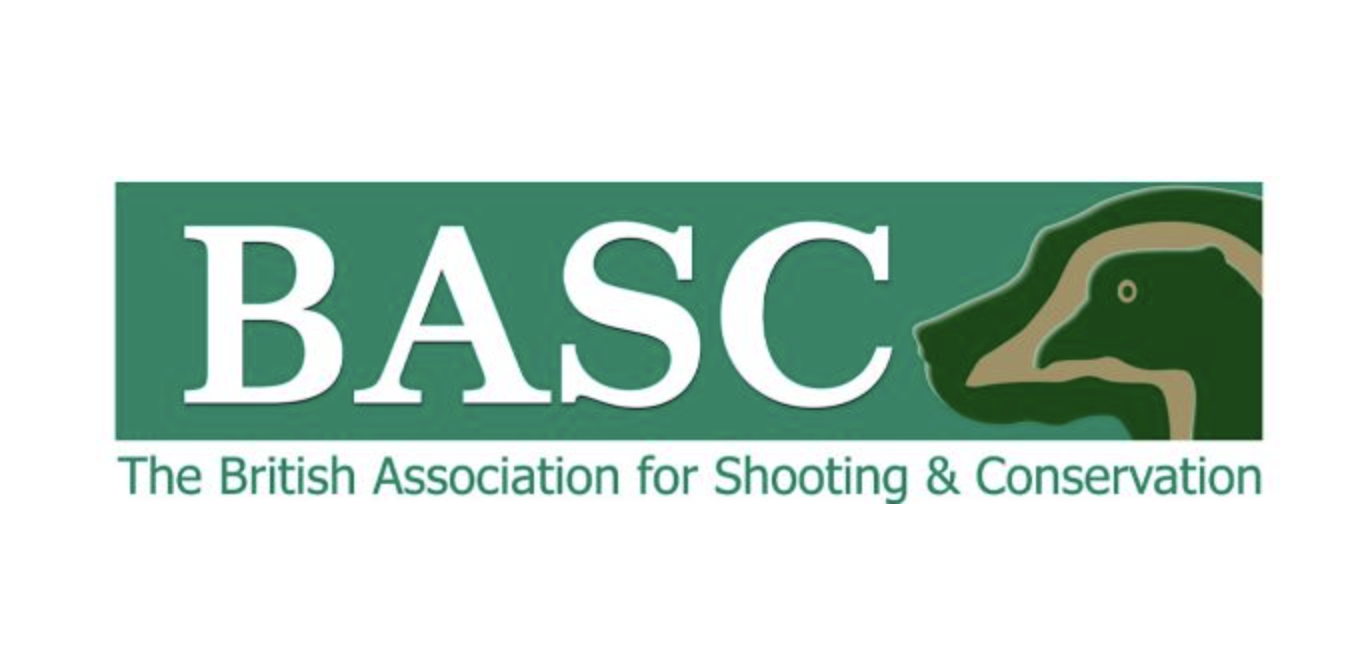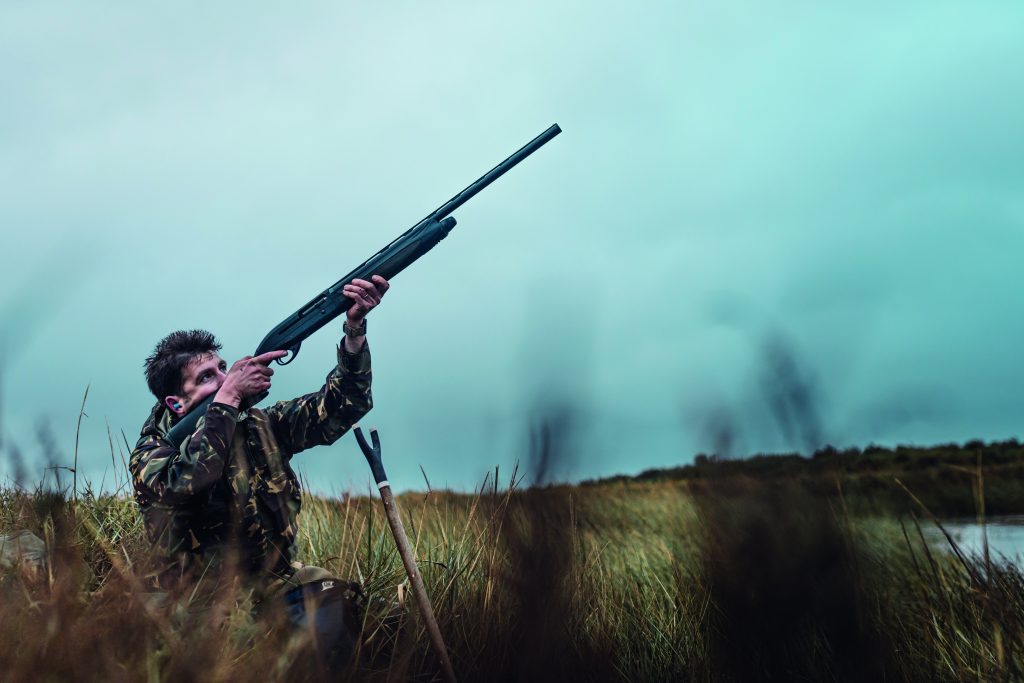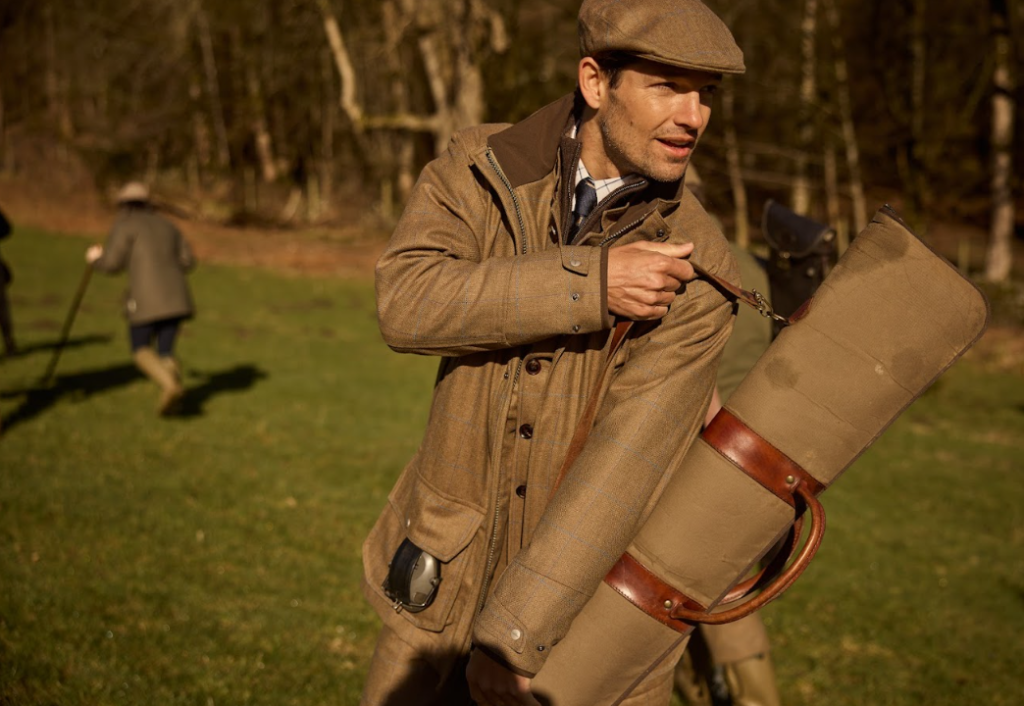Win CENS ProFlex DX5 earplugs worth £1,149 – enter here
Stalking must not be made cheaper
<strong>Making stalking cheaper and more widely available is not a new one according to Douglas McAdam</strong>

The idea that stalking should be cheaper and more widely available is not a new one. This recently reported proposal (News, 7 October)comes from the MacMillan report Conservation with a Gun published last year and is based on data that goes back five years. It presumes a problem exists when, in fact, Scotlands red deer numbers are largely in balance. Yes, there remain too many deer in some places, but there are too few in others. What is certain is that we have all become much better at managing impacts where and when they occur, and the mantra that there are too many deer is one that should be buried once and for all.
As for broadening participation in stalking, considerable good work by the Scottish Country Sports Tourism Group (SCSTG) is attracting new blood both from the UK and overseas. As a sport and a necessary management practice, stalking is neither elitist nor expensive. Anyone who holds a firearms certificate, has the necessary equipment and, most importantly, has the proper training and permissions, can go stalking, and they do.
It is this voluntary sector that the MacMillan report has chosen largely to ignore, focusing instead on estate owners, their families and top-end clients. Made up of skilled men and women of all backgrounds, the voluntary sector covers leased stalking to individuals who effectively supplement the efforts of the estate stalker and comprise a now significant component
of the deer management capability in Scotland. They work with private estates and public and non-governmental organisation landowners such as Forestry Commission Scotland. It is a sector that needs encouragement through better support, promotion and recognition. More private and Government effort and resources should go into facilitating greater accessibility and voluntary attainment of Deer Management Qualifications levels 1 and 2 and continuing professional development. It is important to avoid mandatory regulation and other barriers to entry that the proposed Wildlife and Natural Environment Bill could potentially introduce.
But should the hind cull be opened up to provide a budget stalking experience? Estate stalkers work hard and often in the worst conditions to achieve their targets. The prospect of short winter days accompanying new recreational stalkers would interfere significantly with this. Furthermore, there are issues relating to deer welfare and safety, which make introducing inexperienced sportsmen and women to the hind cull at this time not a viable option.
There certainly is a place for new entrants to deer management and to stalking. Scottish stalking positively welcomes enthusiastic men and women of all backgrounds wanting that experience, but not as the solution to an imaginary problem.
Have your say: if you have a view on a current news topic, send it, in no more than 500 words, to selena_masson@ipcmedia.com.
Have your say: if you have a view on a current news topic, send it, in no more than 500 words, to selena_masson@ipcmedia.com.
What is YOUR opinion?
Join other ST readers in our forums to discuss your views.
Like this article? Mark this page on a social bookmarking website…
Related Articles
Get the latest news delivered direct to your door
Subscribe to Shooting Times & Country
Discover the ultimate companion for field sports enthusiasts with Shooting Times & Country Magazine, the UK’s leading weekly publication that has been at the forefront of shooting culture since 1882. Subscribers gain access to expert tips, comprehensive gear reviews, seasonal advice and a vibrant community of like-minded shooters.
Save on shop price when you subscribe with weekly issues featuring in-depth articles on gundog training, exclusive member offers and access to the digital back issue library. A Shooting Times & Country subscription is more than a magazine, don’t just read about the countryside; immerse yourself in its most authoritative and engaging publication.







